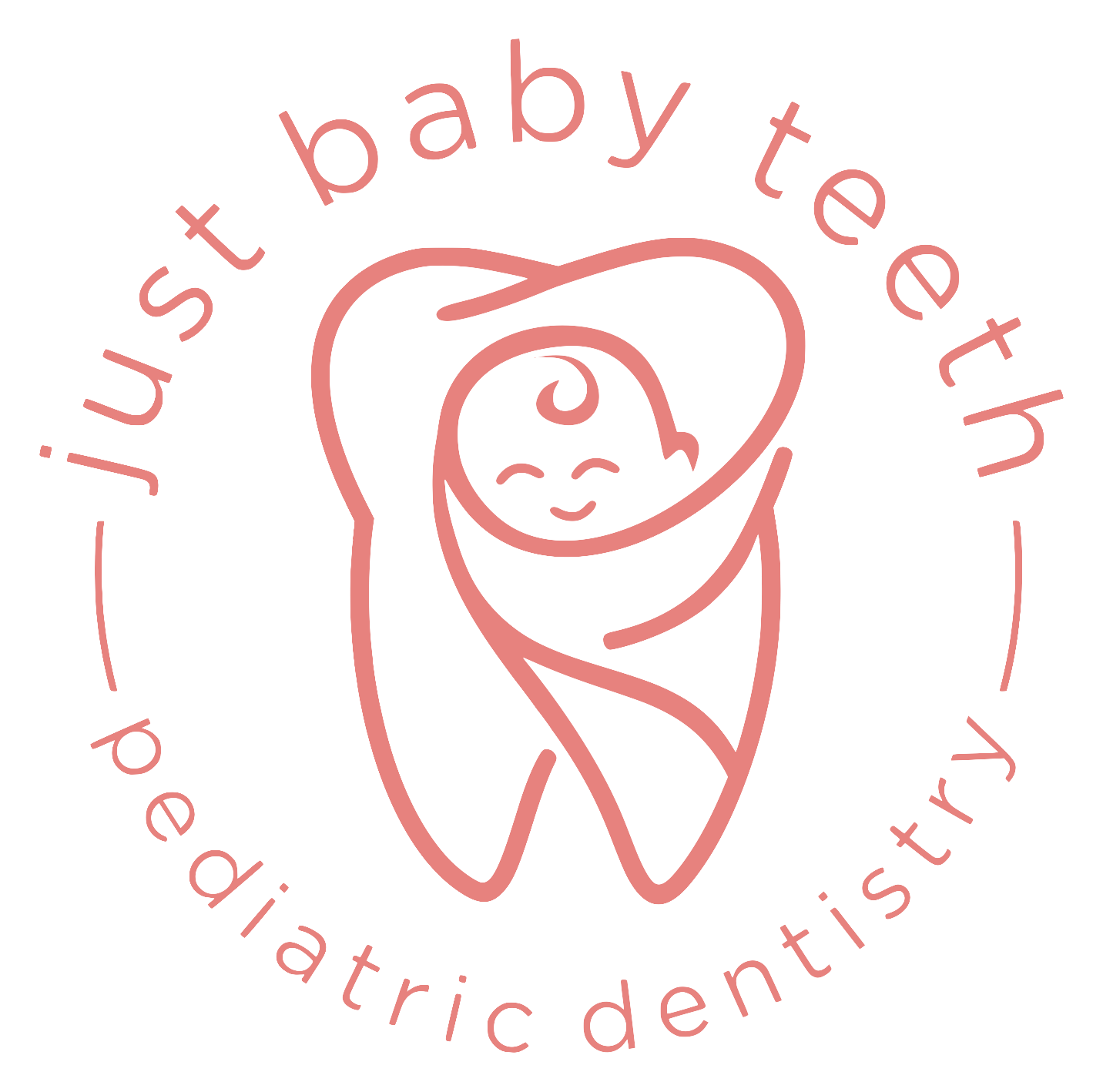Do Cavities in Baby Teeth Really Need to Be Filled?
As a parent, it’s natural to wonder: If baby teeth eventually fall out, is it really necessary to fill cavities in them? The short answer? Yes, in most cases. While baby teeth are temporary, they play a vital role in your child’s oral and overall health. Left untreated, cavities can cause pain, infections, and even damage to the developing adult teeth. Let’s take a closer look at why filling cavities in baby teeth is often necessary and explore some minimally invasive treatment options that can make the process stress-free.
The Role of Baby Teeth: More Than Just Temporary
Baby teeth aren’t just placeholders for adult teeth; they are crucial for:
Helping children chew food properly for good nutrition.
Aiding in proper speech development.
Holding space for adult teeth to come in correctly.
If a cavity is left untreated, the decay can spread, leading to pain, difficulty eating, and even infections that may affect developing permanent teeth. In some cases, losing a baby tooth too early can cause crowding and misalignment issues when adult teeth begin to emerge.
The Risks of Leaving Cavities Untreated
While a small cavity may not seem urgent, cavities don’t heal on their own—they only get worse over time. Risks of leaving cavities untreated include:
Pain and sensitivity – As the decay worsens, the cavity reaches the nerve, causing discomfort.
Infection and abscesses – Severe cavities can lead to infections that may spread to other parts of the body.
Difficulty eating – Pain can make it hard for your child to chew, leading to poor nutrition.
Damage to adult teeth – Untreated cavities can affect the development of permanent teeth beneath them.
If your child has a cavity, it’s best to consult with a board-certified pediatric dentist like Dr. Jimmy to determine the best course of action.
Minimally Invasive Treatment Options for Cavities
At Just Baby Teeth Pediatric Dentistry, we prioritize gentle, child-friendly treatments to keep the experience stress-free. Some minimally invasive treatments include:
Silver Diamine Fluoride (SDF) – A painless, quick treatment where a liquid is painted onto the cavity to stop decay from spreading. SDF is great for young children or those who may struggle with traditional fillings. (Note: SDF turns the cavity dark, but it helps avoid more extensive treatment.)
Hall Crowns – This technique involves placing a preformed crown over a decayed tooth without drilling or numbing. It seals off decay, preventing further progression, and is an excellent option for kids who need durable protection.
Conservative Fillings – When necessary, we use bioactive, minimally invasive fillings that help strengthen the tooth while preserving as much natural structure as possible.
We understand that visiting the dentist can feel intimidating for little ones. That’s why our office is designed to be fun and stress-free, with themed rooms, TVs on ceilings, and a prize wall to make every visit enjoyable!
Should You Ever Wait to Fill a Cavity?
In some cases, if a baby tooth is very close to falling out naturally, your pediatric dentist may decide to monitor it rather than fill the cavity. However, for most young children, early intervention prevents more serious problems down the road.
If you’re unsure whether your child’s cavity needs treatment, schedule a consultation with our team. We believe in honest, transparent, and conservative care—we’ll only recommend treatment when it’s truly necessary!
Book an Appointment Today
At Just Baby Teeth Pediatric Dentistry, our mission is to help parents be the heroes of their child’s smile. If your child has a cavity, don’t wait until it becomes a bigger issue. Contact us today to learn about gentle, minimally invasive treatments that can keep your child’s smile healthy and pain-free!
📅 Schedule an appointment online in just 2 minutes or call us at (201) 645-3123.

